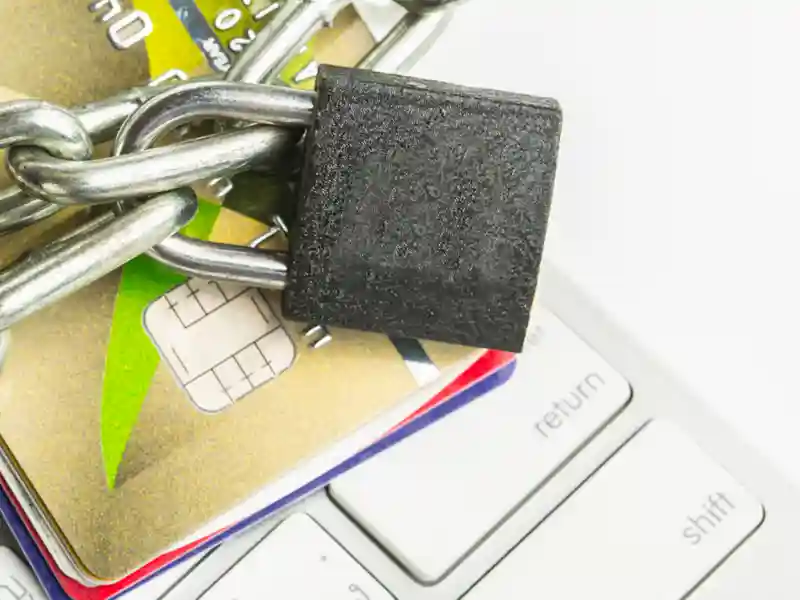
Welcome back! In this second installment (read part one here), we’re sharing additional strategies to safeguard your sensitive financial information online. When it comes to protecting your finances, you can never have too many layers of security.
20 Questions
Regularly review the security questions you use to authenticate yourself. Change anything that a diligent criminal might find by digging through your social media, such as your high school mascot, maiden name, city of birth and so on. Choose questions that allow you to answer with something that isn’t predictable (like a color) or easy to find (like a school you attended or your pet’s name).
Check Your Checking (and Every Other) Account
Regularly review your financial accounts, and if they have an option to alert you to new sign-ins, activate it. Carefully check monthly credit card statements as well — most card issuers will send you a text if a charge that’s higher than an amount you specify is made. Also be sure to review your credit report at least annually for any suspicious activity.
Sign up for a monitoring service that keeps tabs on your online exposure and credit report. Choosing one with a high reimbursement guarantee is a good idea. If your identity is stolen, they can help you wade through the mountains of work required to set things straight.
Don’t Show Your Cards
Credit card companies seem to have gotten better at detecting fraud, but one of the most common ways for someone to compromise your accounts is by stealing a card that you use for online purchases. Some issuers offer “virtual” cards, which are credit card numbers that are linked to — but different from — your actual account and from the physical card you were issued that can be used for online payments.
Be suspicious of anyone requesting your credit card details, or any other personal identifiable information — especially if the request is unexpected. If there’s any doubt about the legitimacy of the request, contact the organization directly using a verified phone number or email address to confirm whether the inquiry actually came from them.
Shred, Baby, Shred
Paper is a major vector for identity theft. A criminal willing to do a little dumpster diving can find all kinds of information they can use for nefarious purposes. Every day, separate out items that might contain a credit card offer or sensitive information, such as your birth date or the last four digits of a Social Security number, for shredding.
It’s a Dark Digital World Out There
The internet age brought lots of benefits, but also many risks — and these are morphing and multiplying daily. Be alert, stay on guard and take these basic precautions to help ensure your finances remain yours.